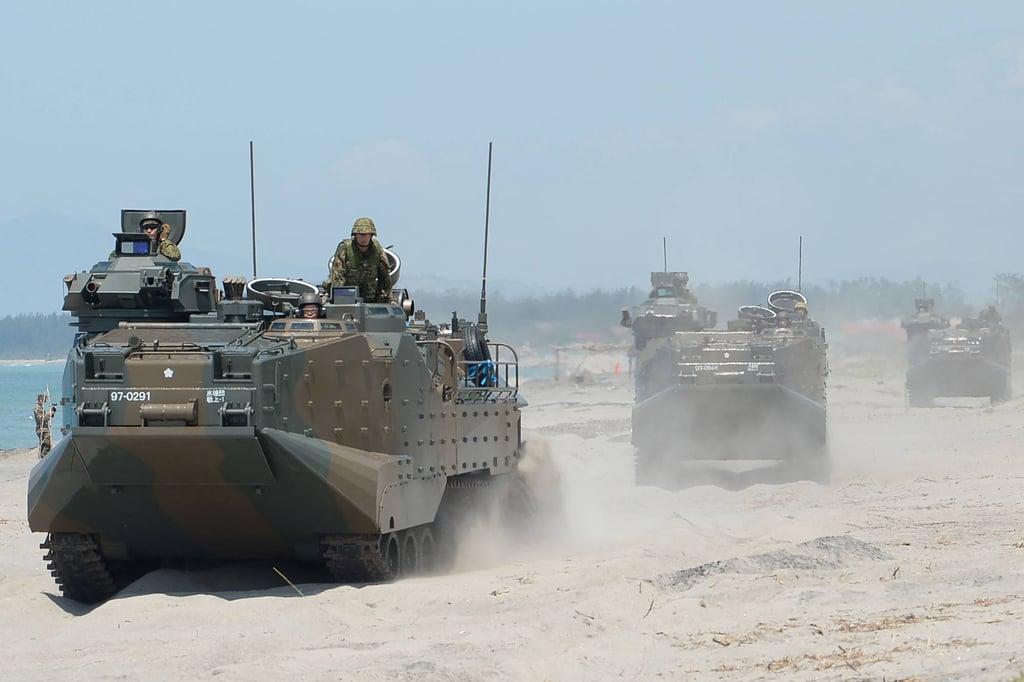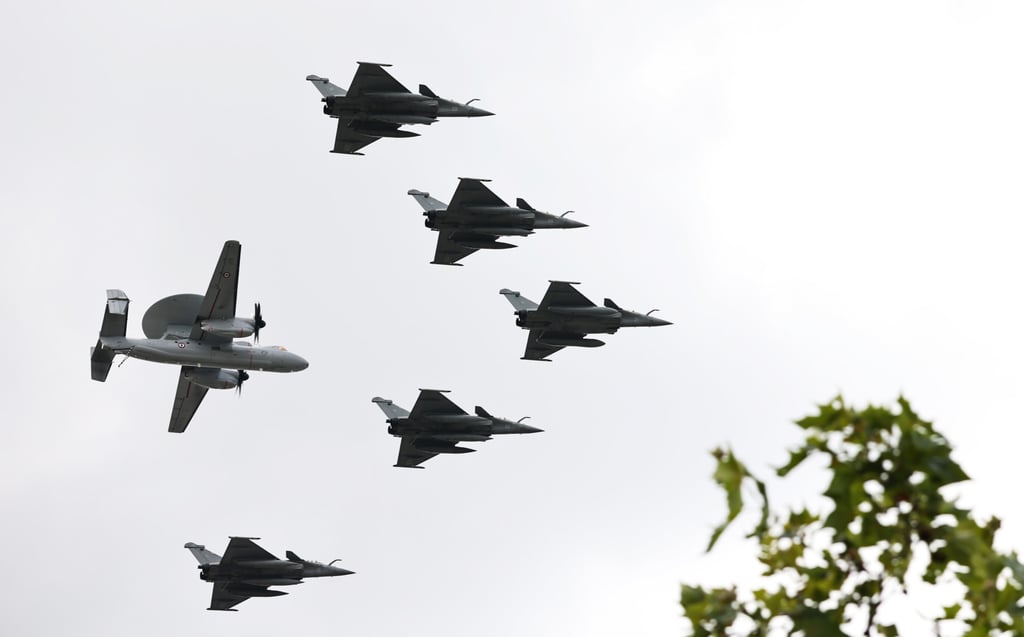South China Sea: is Philippines becoming a gateway for West’s Indo-Pacific interests?
Chester Cabalza, president of the International Development and Security Cooperation, told This Week in Asia that New Zealand’s desire to strengthen ties with Manila aligned with the West in “their strong position of rules-based order in the tense region”.

The Philippines’ inclusion under Pegase 24 – a yearly French Air and Space Force mission to the Indo-Pacific to demonstrate air power projection – is the latest in several moves by Paris to build closer security ties with Manila since military cooperation discussions began in December.
“Paris’ interest in Manila’s military modernisation grew when it offered assistance on its submarine programme and supported its maritime rules-based advocacy as an Indo-Pacific power,” Cabalza said.
This year, a contingent of French aircraft will land at Clark Airbase, a former US military base 93km northwest of Manila.
France’s ambassador to the Philippines, Marie Fontanel, said on July 12 that the mission was meant to illustrate the country’s commitment to upholding the freedom of navigation “as essential to keeping an open and inclusive Indo-Pacific region”.

With Asia remaining an essential trade route for Europe – 40 per cent of its foreign trade flows through the South China Sea – countries in the West would share concerns over potential disruptions in the sea lines of communication and flashpoints in the region, said Lucio Blanco Pitlo III, a research fellow at the Asia-Pacific Pathways to Progress Foundation.
Piasentini said however that Italy was unlikely to prioritise a reciprocal access agreement with the Philippines soon, with China remaining an essential economic partner for Rome.
Piasentini explained that unlike France, which had territorial interests in the Indo-Pacific region and could establish a regional presence through its overseas territories, Italy did not share this interest or capability.
“Participation in joint military drills helps deepen bilateral relations with key partners. For Italy, Australia and Japan are crucial partners economically and for defence technology-sharing. However, this does not necessarily indicate a strategic vision for the Indo-Pacific,” he said.
“While some Western countries are strengthening their defence ties, their interest and commitment levels vary greatly,” Piasentini said.